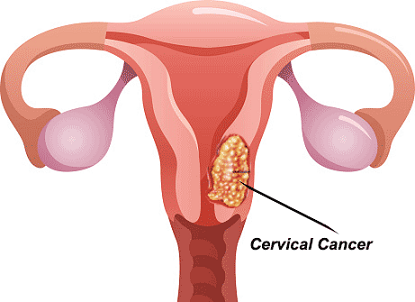Public Health Physician, Dr Chioma Nwakanma, says that women who smoke are
twice as likely to develop cervical cancer compared with women who do not smoke.
Nwakanma, who is also the Executive Director of Smile With Me Foundation (SWMF), told News Agency of Nigeria
(NAN) on Tuesday in Awka that smoking is a risk factor for cervical cancer.
She made the remarks on the occasion of the World Cancer Day, celebrated annually on Feb. 4 to raise awareness
on cancer and to encourage its prevention, detection and treatment.
The theme for the 2020 World Cancer Day is “I Am and I Will”, which focuses on an empowering call-to-action to
urge for personal commitment and represents the power of individual action to impact the future.
The physician said “studies have shown that women who smoke are about twice as likely to develop cervical cancer, compared with
women who do not smoke.
“When someone smokes, he or she will be exposed to many cancer-causing chemicals that affect organs in the body.
“These harmful substances are absorbed through the lungs and carried into the bloodstream throughout the body.
“Medical researchers have found Tobacco by-products in the cervical mucus of women who smoke.
“They also believed that these substances damage the DNA of cervix cells and may contribute to the development of cervical cancer.”
Nwakanma said that smoking could also make the immune system less effective in fighting Human Papillomavirus (HPV) infections.
According to her, a weakened immune system can put women at higher risk of HPV infections, which is the main culprit in cervical cancer.
She urged women to desist from smoking and ensure routine screening and pap testing to detect abnormal changes in the cervix to
ensure early detection and prevent infections from developing into cancer.
She added that “early detection and management of cancer is the way to increase survival rate among patients.”

